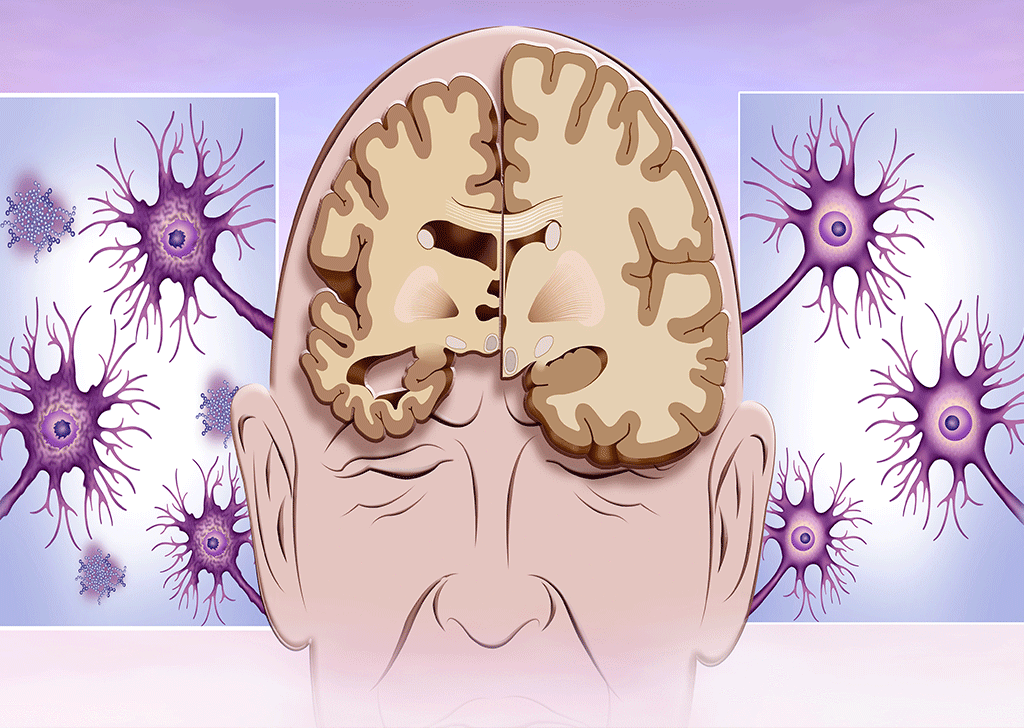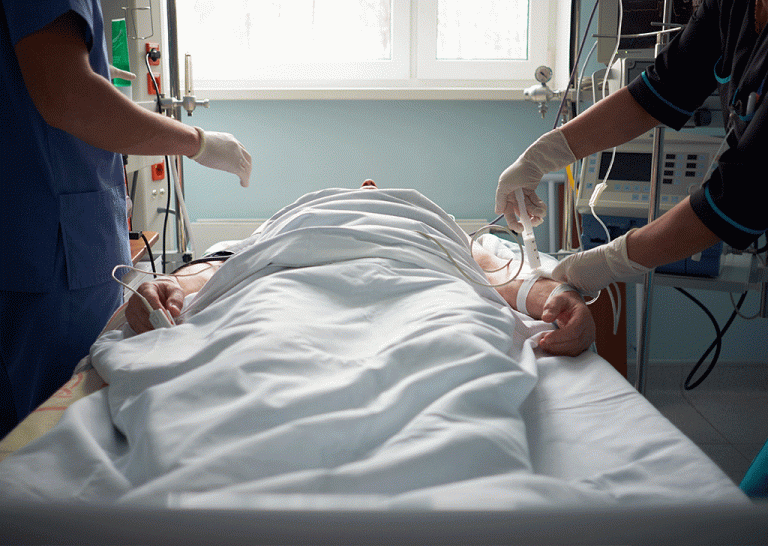Life after overdose is not a simple step to recovery as some would like us to believe…just as sobriety after addiction is not a simple recovery, either. Addiction and overdose are more complicated, and deadly.
Life after overdose began with a coma
At first, we thought it a miracle that Joshua came out of the coma. After all, he had been left unconscious by his roommate from Friday night until Monday night when he heard him “gurgling.” Then he called 911. Previous to that, he merely thought Josh was “sleeping it off.” This is not an uncommon response.
Overdose doesn’t stop addiction
Josh had quite literally stroked out his entire brain; a recent MRI documented that and also stated chronic microvascular changes. The neurologist told me the good news was that one of the areas that Josh had stroked was the center of addiction. I remembered thinking “great! If my son lives, he’ll likely be a vegetable but he won’t want drugs!” Turns out that wasn’t true.
Life after overdose meant survival of the unfittest
When Josh left the hospital—a month later—he was sent to a nursing home to die, as the doctors predicted. Not only did he fry his brain, but had suffered anoxic encephalopathy, lost his hearing to the stroke or the antibiotics, had acute renal injury, a heart attack, and other bodily insults I can not remember.
So, he went to a nursing home to die. When he was rolled in on a stretcher that August 4 afternoon, he could smile, move a few fingers on one hand and part of a foot, and the staff went to work on him immediately—all the staff, even the cleaning crew. Despite all odds against him, Josh walked out six months later on a cane.
Throughout the years since then, Josh has struggled. He was granted disability, but a few years later he was denied it. As of this writing, we are awaiting a decision for a return of disability for him.
Life After Overdose left a host of problems

You May Recognize The Symptoms of Anosognosia
Memory deficit
He has Anosognosia, which is a fancy term meaning he can’t remember what he doesn’t remember. It’s like phantom limb pain to a person who has lost a limb, but more involved. Josh is basically ignorant of the extent of his disease, or that he even has one. He was pre-coma, an accomplished chef. I could wake him in the middle of the night and a deep sleep, and ask him how to make anything; he’d spout out all the specific details from prep to completion and then go back to sleep.
Now he can’t do two things at once without losing ground. He has a work coach for a menial kitchen job. He has suffered many injuries both due to the results of his long-term drug use, and to his unsteadiness on his feet at times. He had a hip replacement due to avascular necrosis from long years of IV drugs, including heroin. He had falls off his bike because of balance and other issues related to riding a bike, and broken bones as a result. He tried to protect his female roommate from her live-in boyfriend who constantly abused her. The guy sucker-punched Josh and he sustained an orbital rim fracture and required surgery. Doctors would not treat his pain for fear of starting something in him again.
Emotional deficit
The emotional aftermath is worse than the physical and has been more damaging to him. He still drinks and smokes pot, so much for no addiction center. His relationships suffer due to his brain injury. Josh has a wonderful smile and a heart of gold, but he’s a very big guy—almost 6’8”. When he raises his voice, it scares everybody. And Josh has impulse control problems and anger issues, as well as cognitive deficits. Though he is working with a cognitive therapist, this is a very major problem for him.
Inability to work
He’s obtained and been let go of many jobs. He shows them his resume which is good, and tells then that he has had a stroke and is a little slow, but when he starts the job, they see it is way more than that. It is very hard to watch him continually falling off his horse, and yet, he keeps getting back up. The “event” as I call it, for lack of a better description, happened in July 2009. It’s now July 2019, and his brain function is worsening. He can’t handle his financial affairs or even sometimes his day-to-day affairs. He needs a guardian, and, thank God for his emotional support dog-Chloe. He won’t agree to the needed help (see part about Anosognosia) because he says he doesn’t need it.

Mother Gets Advice From God
Relationship problems
Josh’s relationships don’t last because of his impulse control and anger issues. He is on a lot of medications -13 I think- for these issues and the other physical problems caused by the years of drug use (including heroin); including HTN, another stroke or two after the event, elevated cholesterol, to name a few.
My son is close to 42 and I (his mother) am close to 69. I am fully prepared for him to die before me, and I have all kinds of feelings about that. He has a miserable life most of the time. My best friend who watched her son commit suicide by police action in front of her said this to me one day. “Gail, at least I watched my son die one day, you are watching your son die every day”.





















